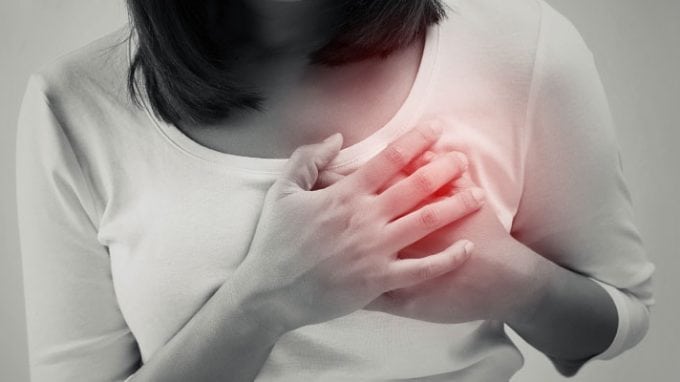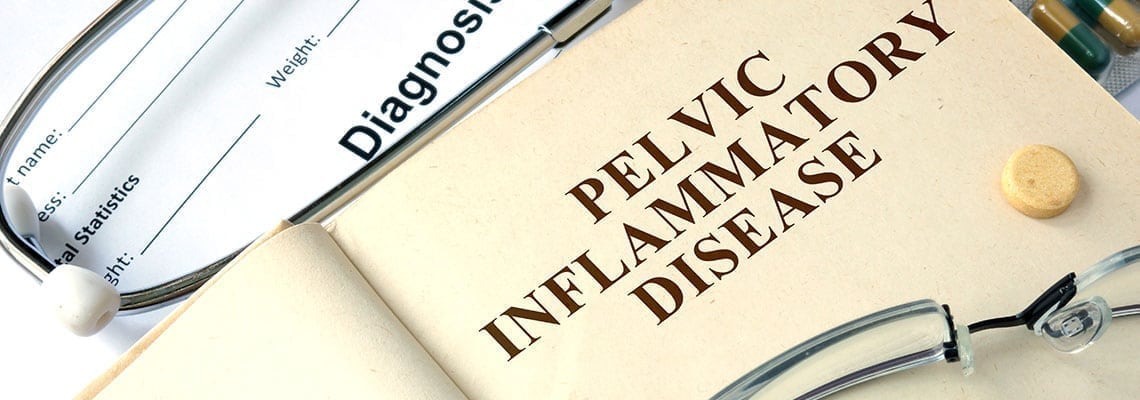There is a potential correlation between factors that affect a woman’s fertility and her risk for developing heart disease.
According to information provided by the Centers for Disease Control and Prevention, heart disease is the leading cause of death for women. In fact, cardiovascular disease (CVD) accounts for about 25 percent of deaths in women in the United States. While it might seem odd that researchers are looking for a link between fertility difficulties and CVD risks, it appears that there might be a possible connection between the two.
What is the Link between Risk Factors for CVD and Fertility?
It is a well-known fact that high cholesterol is a risk factor for CVD. According to a research study completed by the National Institutes of Health, high fat levels in the blood may also increase the risk of infertility in women. In addition to having high levels of lipids, many of the women participating in the study who had difficulty becoming pregnant also had additional risk factors for CVD, including:
- Diabetes
- Overweight or obesity
- Smoking
Polycystic ovarian syndrome, also known as PCOS, may reduce a woman’s ability to become pregnant. Those with this condition often develop complications, such as high cholesterol, high blood pressure and diabetes, which are also known risk factors for heart disease.
The NIH study also found that those who also had risks that could lead to the development of CVD were more likely to turn to fertility treatments in an effort to conceive. Some research has shown that unsuccessful attempts at conception through the use of fertility treatments might increase the risk of CVD by around 19 percent. While this may seem significant, there has been no information to show that the fertility treatments in any way cause the CVD.
Does Infertility Lead to an Increased Risk of Heart Disease?

Perhaps a woman’s ability to conceive early in life can be a predictor of her chances of developing CVD later in life. More likely, though, the same health factors that lead to infertility are the ones also putting women at risk for CVD.
What Can Women Do?
If a woman is having difficulty becoming pregnant, she should consult with her OB/GYN or a fertility specialist to rule out conditions such as PCOS, which could increase the risk of CVD and infertility. A proper nutrition and an exercise plan might be a good way to reduce blood sugar and blood lipids while maintaining a healthy body weight and a strong heart. Before receiving fertility treatments, women may wish to make sure that they address any potential CVD risk factors to prevent any potential issues later.




